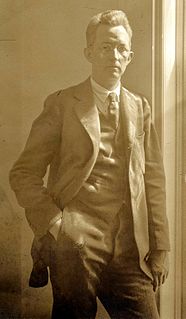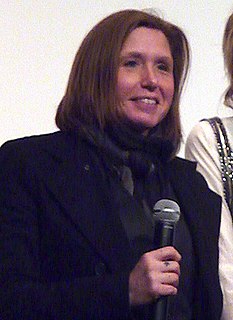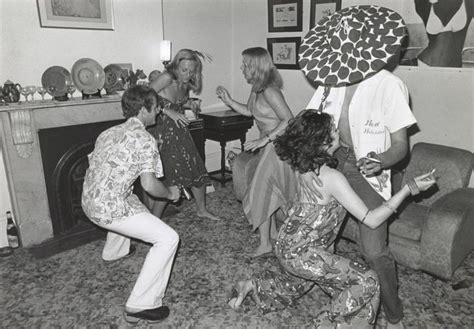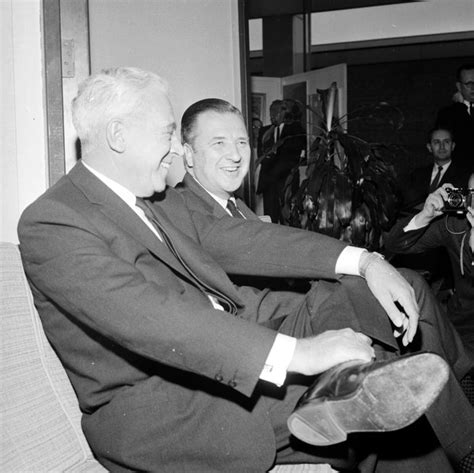A Quote by Charles Sheeler
Isn't it amazing how photography has advanced without improving.
Related Quotes
As ideas are preserved and communicated by means of words, it necessarily follows that we cannot improve the language of any science, without at the same time improving the science itself; neither can we, on the other hand, improve a science without improving the language or nomenclature which belongs to it.
[Photography] has become more and more subtle, more and more modern, and the result is that it is now incapable of photographing a tenement or a rubbish heap without transfiguring it. Not to mention a river dam or electric cable factory: in front of these, photography can now only say, How beautiful!
Where utopianism is advanced through gradualism rather than revolution, albeit steady and persistent as in democratic societies, it can deceive and disarm an unsuspecting population, which is largely content and passive. It is sold as reforming and improving the existing society's imperfections and weaknesses without imperiling its basic nature. Under these conditions, it is mostly ignored, dismissed, or tolerated by much of the citizenry and celebrated by some. Transformation is deemed innocuous, well-intentioned, and perhaps constructive but not a dangerous trespass on fundamental liberties.








































